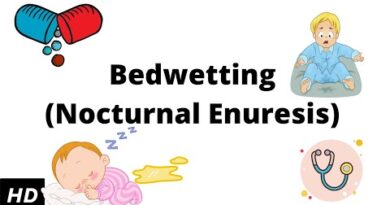How To Reduce Reliance on Asthma Inhalers. Science!
Asthma is a chronic respiratory condition characterized by inflammation and narrowing of the airways, leading to difficulty in breathing. For many sufferers, inhalers are a lifeline that helps manage symptoms and prevent asthma attacks. However, some individuals may wish to reduce their dependence on these devices. Here, we explore scientifically backed methods to potentially decrease the reliance on asthma inhalers.
**Understanding Asthma Control**
The first step in reducing the use of asthma inhalers is achieving optimal control over your asthma. Proper management involves regular consultations with healthcare professionals to ensure that your treatment plan is effective and up-to-date.
**1. Adherence to Medication Regimens**
Although it may seem counterintuitive, adhering strictly to your prescribed medication regimen can help reduce overall reliance on short-acting rescue inhalers. Preventive or controller medications often include inhaled corticosteroids which reduce inflammation and keep asthma under control on a daily basis.
**2. Lifestyle Modifications**
Several lifestyle changes can improve lung function and decrease the frequency of asthma symptoms:
– **Avoid Triggers:** Identifying and avoiding triggers such as pollen, dust mites, pet dander, or smoke is crucial.
– **Maintain a Healthy Weight:** Obesity can exacerbate breathing problems and increase the frequency of asthma symptoms.
– **Exercise Regularly:** While exercise can sometimes trigger asthma symptoms, regular physical activity can improve lung capacity and general health. Consult with your doctor about appropriate exercises.
– **Diet:** Evidence suggests that a diet high in fruits, vegetables, whole grains, and lean proteins while low in processed foods and sugars may help reduce inflammation and support respiratory health.
**3. Breathing Exercises**
Breathing exercises are an excellent way to strengthen the lungs and control breathing:
– **Diaphragmatic Breathing:** Also known as belly breathing exercises the diaphragm promoting more efficient lung function.
– **Buteyko Breathing Technique:** This method focuses on reducing hyperventilation by teaching you to breathe more slowly and shallowly.
– **Pursed Lip Breathing:** This technique involves breathing in through the nose (with closed mouth) and exhaling through pursed lips which can help control shortness of breath during an episode.
Implement regular practice sessions under medical guidance for best results.
**4. Immunotherapy**
For individuals with allergic asthma allergy shots (immunotherapy) might be beneficial Immunotherapy can gradually lessen immune system reactions over time thereby decreasing symptoms including those induced by allergens that might trigger asthma episodes This could result in lower usage of inhalers particularly during allergy season
**5 Psychological Interventions**
Stress significantly affects asthma Anxiety management techniques such as cognitive behavioral therapy meditation or even simple relaxation exercises might help you manage stress better thus potentially reducing acute exacerbations
To implement these recommendations it is vital that you do so under medical supervision Never alter or discontinue your medication without consulting a healthcare provider Moreover sudden stopping or incorrect use of an inhaler when needed can lead to severe consequences
By adopting a comprehensive approach incorporating medical treatments lifestyle adjustments and corrective breathing techniques you might be able to decrease your dependency on asthma inhalers However remember that each person s condition is unique so it s essential to tailor any approach based on personal health circumstances

